REDWOOD LOGIN
Redwood PortalLTL
SCS
SCS Support
Rockfarm
Previously on the LTX Blog, we discussed the basics of freight claims, the different types of coverage and types of claims that can be filed. Once you know exactly what type of damage/loss you have, it’s time to file your claim. When doing so, it is important to know all the expenses your company should be filing for.
In today’s article, we will discuss the fundamentals of filing a freight claim, and how to ensure you are getting the full amount that you are entitled to.

When filing a freight claim you have to remember that a claim against a carrier is a legal demand for payment, therefore there is a specific process that has to be followed. You can find specific claims rules in the carrier’s tariff or on the bill of lading.
There are four elements that are vital when filing a freight claim:
1.The freight shipment must be identified (Pro number, shipper’s number, vehicle number, origin date, delivery date, and commodity description) so that the carrier can conduct an investigation
2. Record the type of loss or freight damage
3. Record the amount of the freight claim, or estimate
4. A demand for payment must be made
These elements must be completed within the specific time frame stated within the contract or tariff, which is usually within 9 months of the delivery. The carrier must receive your claim within this timeframe for it to be valid, so filing through a means where you receive a confirmation of receipt is best.
When filing a claim, you must also provide these supporting documents:
1. Original Bill of Lading
2. Paid Freight Bill
3. Proof of the value of the commodities lost or damaged
4. Inspection Reports
Now that we know the basics of filing a freight claim, let’s talk money. Carriers are always going to look out for themselves, but you are also legally required to take reasonable measures to lessen the losses. With that in mind, though, you need to ensure that you get paid for the expenses required to lessen those losses.

Usually, you can only claim the damaged portion of the shipment. So, depending on the commodity, someone may need to sort through the shipment for individual products that are undamaged. Again, depending on the product, you may also need to test the products to see if they are still in a usable condition. This takes time, and time is money. If you are spending a significant amount of time sorting or testing the damaged shipment, then it is rational to claim your labor costs when filing a claim.
Oftentimes carriers will expect you to repair the damaged product, rather than replacing it entirely. In this situation, they would reimburse you for repair costs to these items. Make sure to keep track of all the expense that go into these repairs such as, parts, labor, and shipping costs for replacement parts.

When it comes to salvaging, there are two main things to consider when filing your claim.
With certain types of freight, while some of the shipment looks to be salvageable, the entire shipment needs to be written off entirely. This comes into play when dealing with freight such as food, drugs, or other products intended for human consumption. This is covered under the Federal Food, Drug and Cosmetic Act -21, Section 342(a)(4), essentially this states that a product is deemed “adulterated” if it is damaged and may have been contaminated.
The second exception to salvage is when it isn’t reasonable to salvage the shipment. Let’s say that you work for Coca-Cola and are selling bulk bottled soft drinks to Costco, but a shipment is damaged on its way. Coca-Cola could claim the value of the entire pallet, even though some individual bottles were undamaged. This could fall under the previous statement of the Food, Drug, and Cosmetic Act, but also can be ruled as unreasonable to salvage. This is because these bottles were intended to be sold to Costco in bulk units. So, while some bottles are unharmed, the bulk units are not, making it unfit for sale and making it worthless to Costco.
When it comes to freight claims there are a lot of aspects to consider and paperwork to file. Depending on your commodity and the frequency of damaged freight, this can become very time consuming and a major headache for the shipper. If you're spending too much time on freight claims, or not getting the amount back you are entitled to, it might be time to consider working with a third-party logistics company. Here at LTX Solutions, we provide a simple and easy to use Freight Claims Portal, in addition to a full personalized customer service team. Contact us today to learn more about how we can save you time and money!